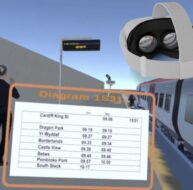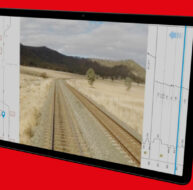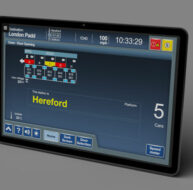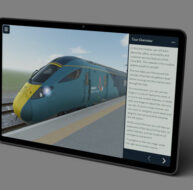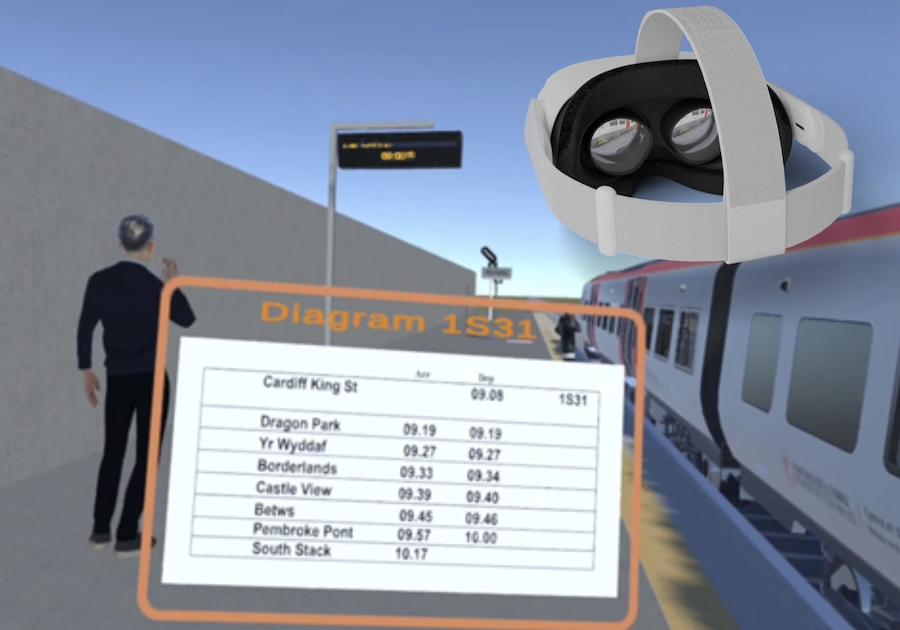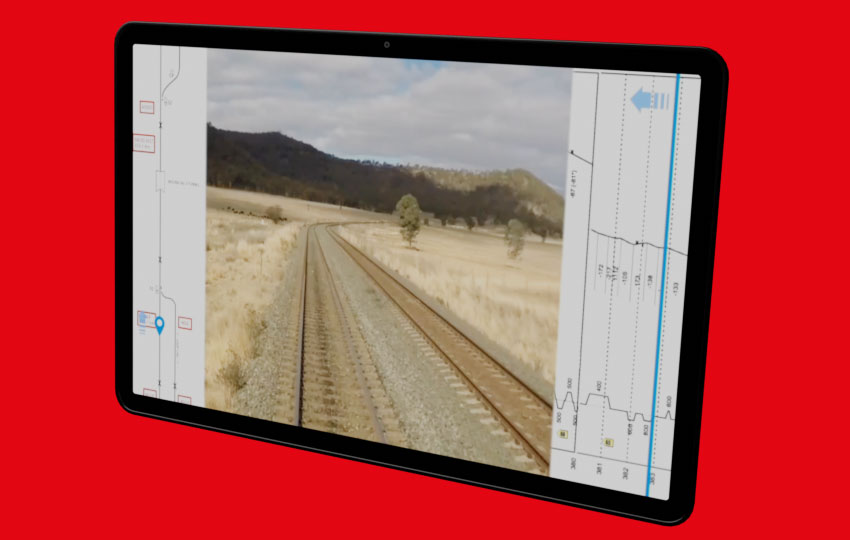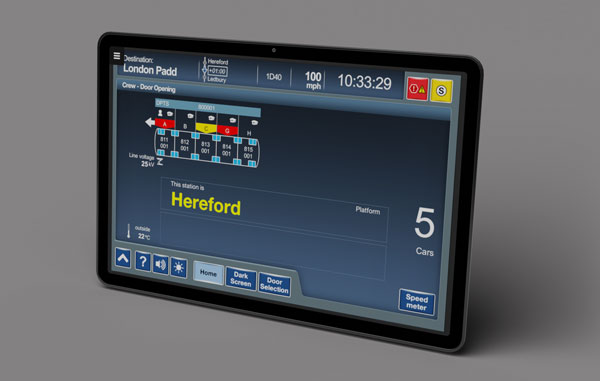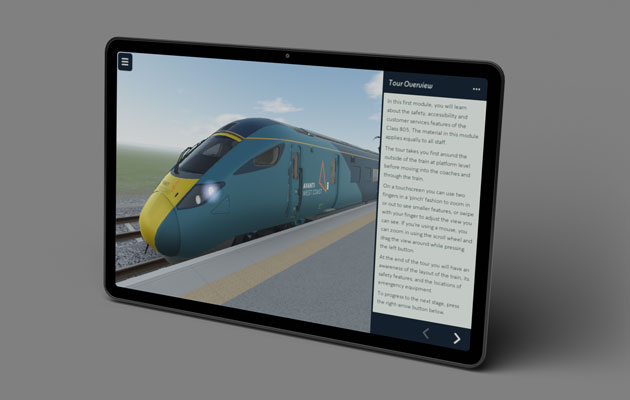Virtual Reality enhances blended learning for Train Managers
VR enhances learning in rail as part of an integrated blended approach
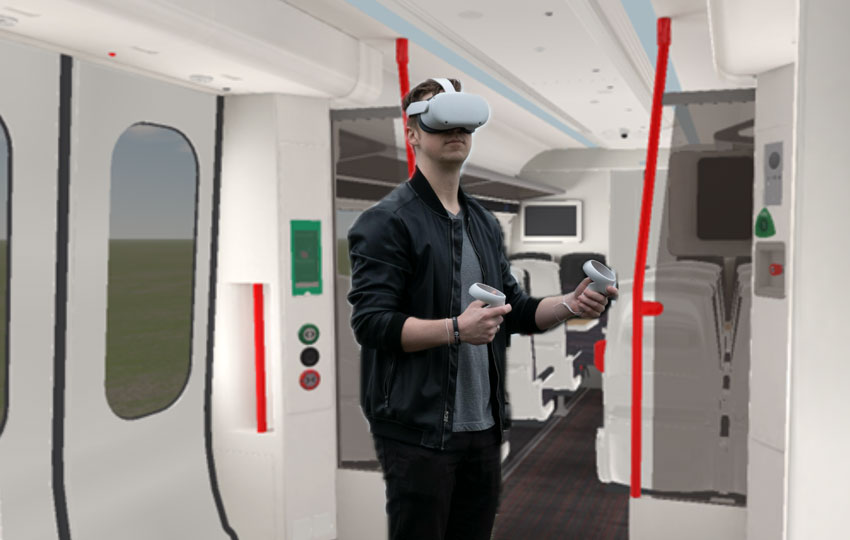
The Quest 3 Virtual Reality (VR) headset was one of the best-selling technologies on Amazon’s Black Friday 2023 which perhaps explains the surprising number of requests we’ve received for VR training applications since the start of 2024.
What’s interesting is that they are all from rail operators wanting to develop VR training for Train Managers, on-board crew and dispatch staff, as opposed to Drivers.
We have been at the forefront of rail training technologies since 2007, and of all the tech we’ve explored over the years, VR has stubbornly remained the one that has been the solution looking for a problem. Previously used for marketing events or promotional material it’s encouraging to see VR taking its place in rail training as part of an integrated blended solution where it enhances learning interventions such as enabling Train Managers to visualise dispatch procedures on challenging platforms, experience immersive problem solving or evacuation procedures.
PWC* identified the significant benefits of VR in soft skills training when used as part of a blended learning solution back in 2020. Findings included:
- Users were almost 3x more confident to act on what they have learned in VR training as opposed to classroom or eLearning
- Users completed training 4x faster than classroom learning and 1.5x faster than eLearning
- Users were up to 4x more focussed in VR than using eLearning
- Users were almost 4x more emotionally connected to the training content in VR as opposed to classroom or eLearning.
The increased quality and affordability of modern standalone headsets is also a significant factor, as it makes deployment at scale possible and cost effective. We’re looking forward to developing more VR applications this year.

